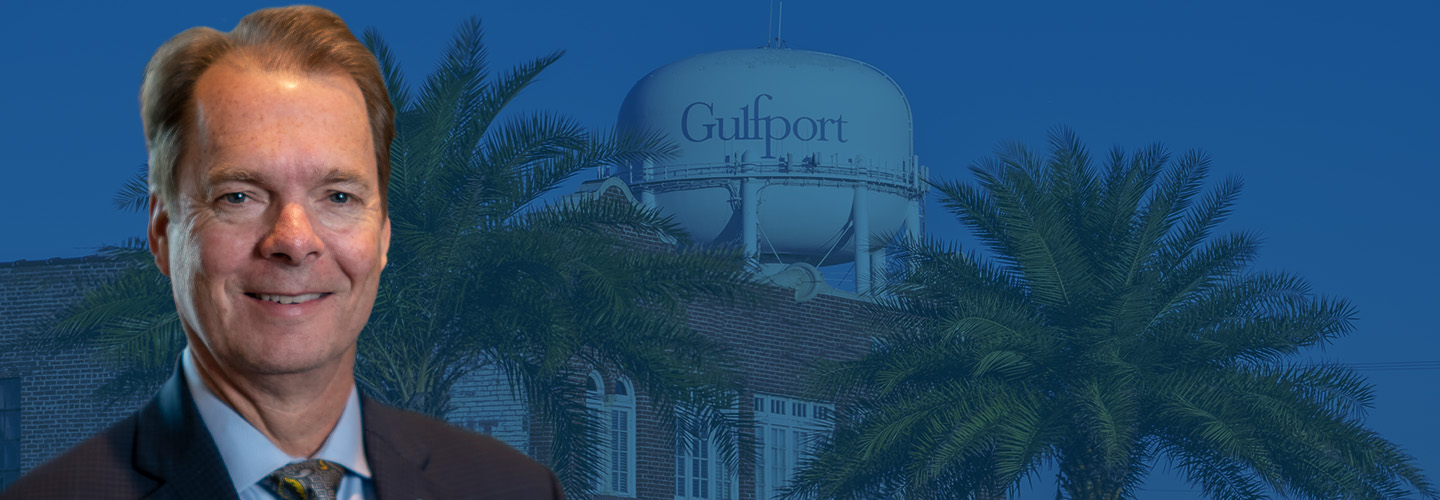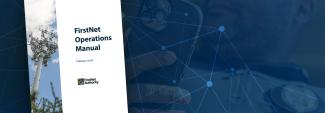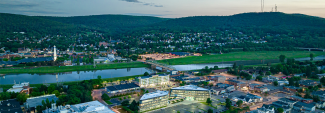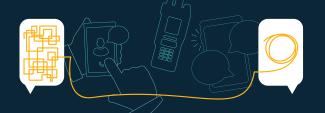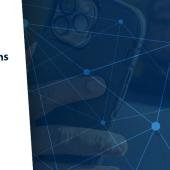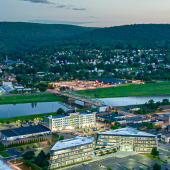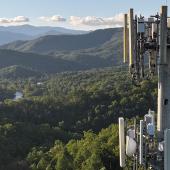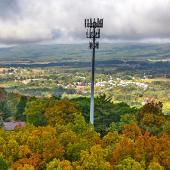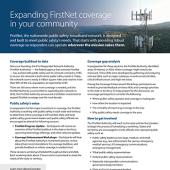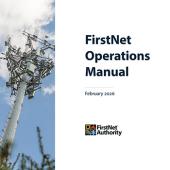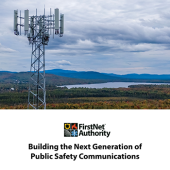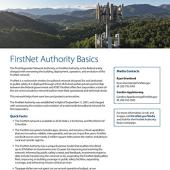In Gulfport, Mississippi, Mayor Billy Hewes is focused on ways to keep the second-largest city in the state prepared for any emergency. Hewes works across government, public safety, and industry to make Gulfport resilient and ready for the natural disasters and daily challenges it faces. In 2018 he was appointed to the First Responder Network Authority (FirstNet Authority) Board to help ensure FirstNet, the nationwide public safety broadband network, is a success. Today, he serves as a member of the Board Finance and Investment and Public Safety Advocacy committees.
We had the opportunity to sit down with Mayor Hewes and delve into his views on the importance of FirstNet in Gulfport, the unique role of a mayor during emergencies, and his journey working in public service.
What drew you to a career in public service?
My family has a history of public service, and community involvement was an expectation when growing up. Fortunately, public service was my natural disposition, too. I believe we are supposed to make things better than we found them, not just by giving back, but by getting involved and being engaged. I was never content to just sit on the sidelines, so after finishing a 20-year stint in the State Senate, I realized I missed being engaged in public service. When the local mayor’s office opened for election, I took the opportunity to step back in, and here I am a decade later.
What keeps me coming back every day is the remarkable team of leaders I get to work with in this city and our citizens, who have a lot of interest in civic involvement. It is a wonderful testament to everyone wanting to make a difference in our coastal community.
What is unique about a mayor’s role during a disaster or emergency?
As a mayor, my role is to make connections. During a disaster or a response, the position is very boots on the ground, helping to direct resources where they can be most effective, and communicate status updates for those up and down the response chain.
Daily, the mayor’s office plays a significant role in the strategic planning for any potential disasters. We must stay prepared and ready. Coordination across various offices, with state officials, or even on the federal level is crucial to accurately relay what’s happening on the ground.
How did you become involved with FirstNet?
After witnessing the frustration and inefficiencies which resulted from first responders’ inability to effectively communicate across multiple political and geographic districts due to incompatible systems, I knew there was need for a network like FirstNet. When given the opportunity to learn more about FirstNet, it just made sense to get involved.
With the practical knowledge I’ve gained from my experiences as a former legislator, small businessman, and local mayor, a national move toward a communication system designed for first responders just made sense. When time is of the essence, emergency responders have enough to do without worrying about communications reliability, logistical challenges or incompatible systems. FirstNet resolves many of those issues.
What do you hope to accomplish during your tenure with FirstNet?
My focus is on performance in the field. This means we need to ensure our systems work, when needed. Having lived through hurricanes, and responded to tornadoes and fires across the region, I have learned a lot of lessons in understanding what emergency personnel may be facing, and what their critical needs are. Communications networks must function and perform in the most extreme and stressful situations. Without that reliability, lives are at risk. My goal is to play a role in helping FirstNet deliver on that promise.
There are still a lot of unknowns out there, but with every disaster, we get more experienced and better prepared. I want to take those lessons and use them to drive where we are going next with the network.
What is the impact of FirstNet and its capabilities?
FirstNet’s impact is nothing short of unprecedented. For those who have adopted it, it is a gamechanger.
A lot of that comes down to the mission of FirstNet, and—importantly—our staff. The staff at the FirstNet Authority and our Board members show up every day with the objective of making things better. They educate themselves and others as much as possible and continue to look for improvements in systems technologies, and the products that make the difference on the front lines. As technologies continue to evolve, I am confident FirstNet will continue to play a major role on the cutting edge in saving lives—no matter what the challenge may be.


